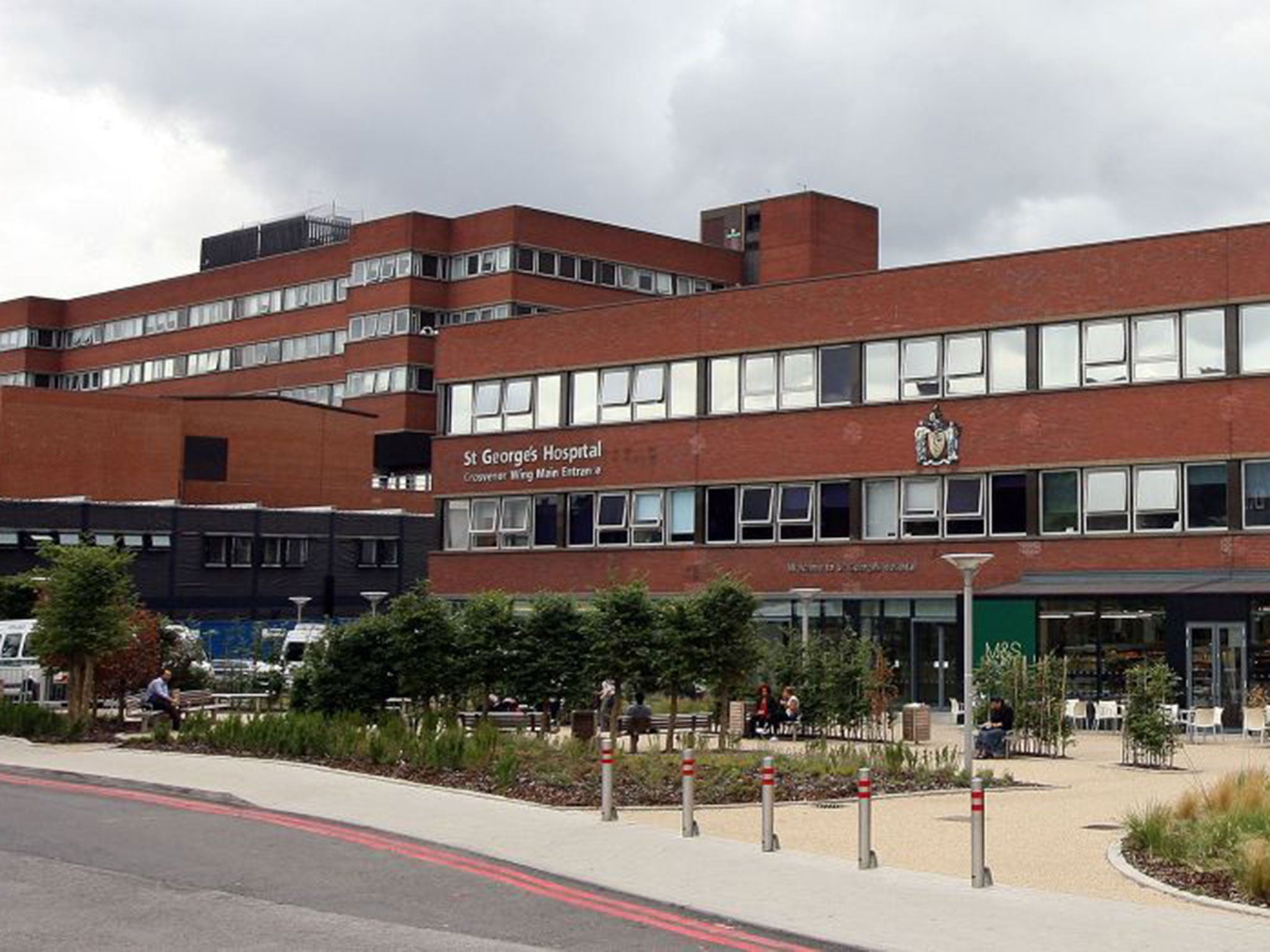Hundreds of deaths under review at London NHS hospital where whistleblower was mailed dead animal
Complex heart surgery at St Georges suspended after leaked review found ‘dark force’ consuming dysfunctional unit put patients at risk

Your support helps us to tell the story
From reproductive rights to climate change to Big Tech, The Independent is on the ground when the story is developing. Whether it's investigating the financials of Elon Musk's pro-Trump PAC or producing our latest documentary, 'The A Word', which shines a light on the American women fighting for reproductive rights, we know how important it is to parse out the facts from the messaging.
At such a critical moment in US history, we need reporters on the ground. Your donation allows us to keep sending journalists to speak to both sides of the story.
The Independent is trusted by Americans across the entire political spectrum. And unlike many other quality news outlets, we choose not to lock Americans out of our reporting and analysis with paywalls. We believe quality journalism should be available to everyone, paid for by those who can afford it.
Your support makes all the difference.The deaths of up to 250 patients after heart surgery at an NHS hospital wracked with internal staff disputes and quality issues are under review by regulators.
An independent panel has been set up to examine the treatment of every cardiac surgery patient who died between April 2013 and September 2018 at St George’s University Hospital Foundation Trust in London.
This does not include other heart-related specialties, and is thought to cover between 200 and 250 patients in all.
The review, commissioned by NHS Improvement, follows the suspension of complex surgery at the hospital, after a leaked report suggested “toxic” feuds between surgeons in the cardiac unit had contributed to higher than average death rates.
More details emerged in a court case last year brought by leading surgeon Professor Marjan Jahangiri who argued she had been suspended by the trust on “the thinnest of grounds” after raising concerns.
Professor Jahangiri, whose suspension was overturned, said there was a culture of bullying at the trust and raised concerns about the performance of her colleagues. She revealed she was later sent a dead animal and decapitated doll in the post.
The current review of patient case notes could take a year to complete and is not prejudging whether poor care led to any of the deaths, according to reports in the Health Service Journal.
The trust said families of cardiac surgery patients who died during the review period will be contacted if the panel identifies “any significant concerns about their care”.
Jacqueline Totterdell, chief executive at St George’s, said: “It is absolutely essential that patients and their families have full confidence in the care our cardiac surgery team provide – and this review of past deaths will be a key part of that process.”
The panel, made up of cardiac surgery, cardiology and anaesthetic consultants, will examine the safety and quality of care that patients who died during or after cardiac surgery at St George’s received during the review period.
At the time of the first review the hospital had a cardiac surgery death rate of 3.7 per cent – above the national 2 per cent average.
Conversations with 39 employees revealed they were shocked by the death rate, but “most felt that poor performance was inevitable due to the pervading atmosphere”.
In December, Care Quality Commission inspectors reported they had found top physicians with “strong” personalities unable to work together effectively.
According to their subsequent report, “consultant surgeons mistrusted each other, as well as cardiologists, anaesthetists and senior leaders”.
There was also a culture of “tribalism”, one consultant said.
Join our commenting forum
Join thought-provoking conversations, follow other Independent readers and see their replies
Comments